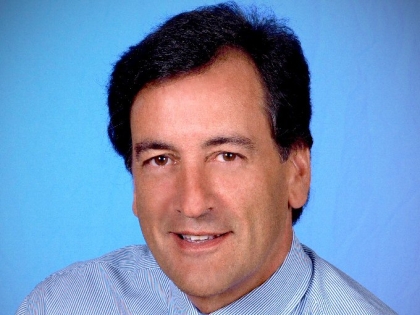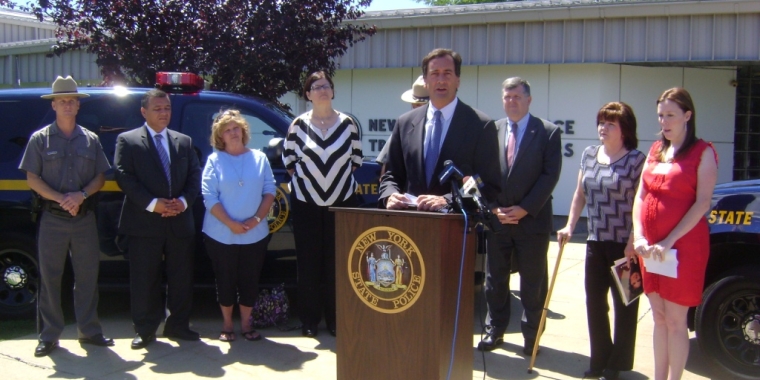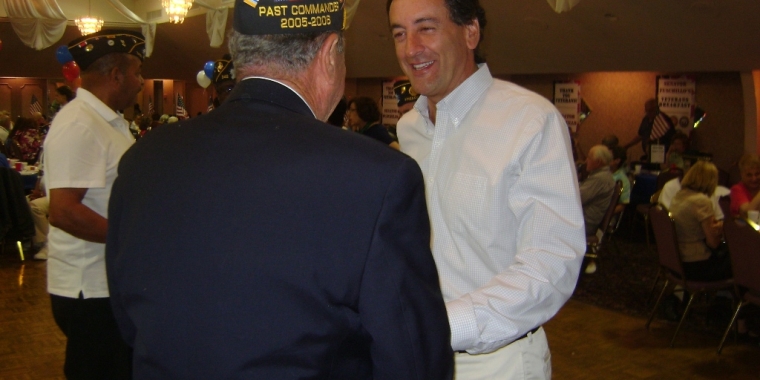
Senate Passes Fuschillo Legislation Closing Loophole in State’s Dwi Laws
Charles J. Fuschillo Jr.
May 3, 2011
-
ISSUE:
- Drunk Driving
Senator Charles J. Fuschillo, Jr. (R-Merrick) today announced that the Senate has approved legislation he sponsored to close a legal loophole which allows some intoxicated drivers to escape prosecution for DWI.
Currently, individuals can be charged with a DWI offense only if they are intoxicated or impaired by alcohol or by one of the drugs listed in the public health law. This legal loophole allows those who ingest substances not listed in the law (such as inhaling an aerosol can) to escape being charged with DWI.
“Someone who drives while intoxicated, no matter what the substance, puts other drivers at risk. It’s ridiculous that current law allows some intoxicated drivers to avoid prosecution for a DWI because they got intoxicated off of one substance instead of another. This legislation would close the legal loophole to ensure that all intoxicated drivers are held accountable for endangering the safety of others,” said Senator Fuschillo, Chairman of the Senate’s Transportation Committee.
“We need to broaden the scope of our laws to include any and all substances that impair drivers and put innocent motorists and pedestrians at risk,” said Nassau County District Attorney Kathleen Rice, who supports the legislation. “This vote is proof that New York State law will keep up with today's realities, and I applaud the Senate for approving this legislation."
There are instances where an intoxicated driver has used this loophole to escape justice. In January 2004, Vincent Litto veered his car into oncoming traffic, killing 18-year old Kristian Roggio and injuring three others after allegedly getting intoxicated from ingesting an aerosol spray can of “Dust-Off.”
Despite killing one person and injuring several others, Mr. Litto had charges of 2nd degree Vehicular Manslaughter and DWI dismissed because the court ruled that Difluoroethane, the chemical propellant in Dust-Off, is not among the intoxicating substances listed in the public health law. The lower court’s ruling was subsequently upheld by the Appellate Division and the state’s highest court, the Court of Appeals. In her decision, Chief Judge Kaye acknowledged that “gaps exist in the law” but that it was the responsibility of the legislature to correct them.
Senator Fuschillo’s legislation (S600A) clearly defines “intoxication” and “impairment” as a state of mind, notwithstanding the intoxicant. This would ensure that all intoxicated drivers can be charged with DWI, regardless of the substance they use.
The legislation has been sent to the Assembly for consideration.
####

